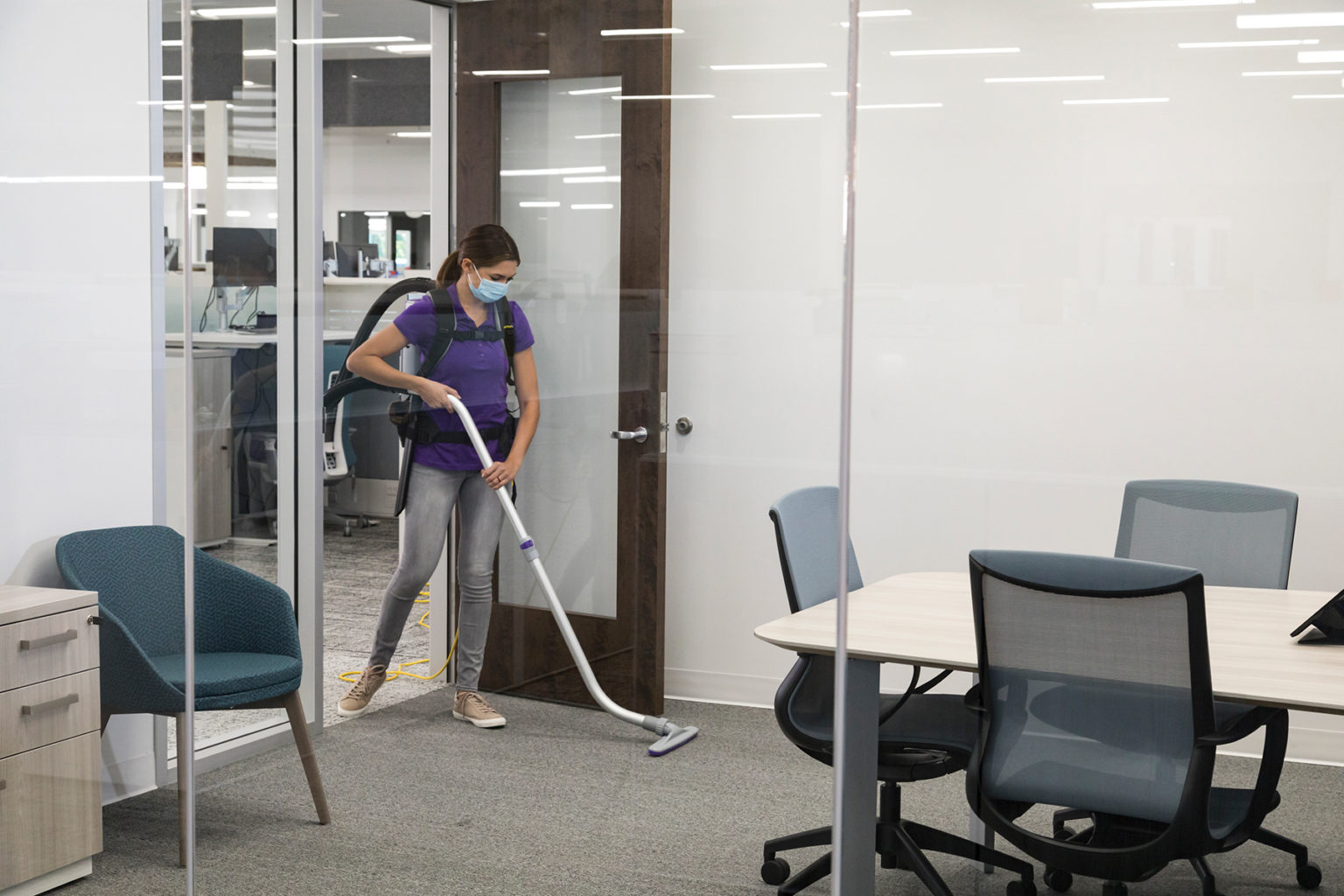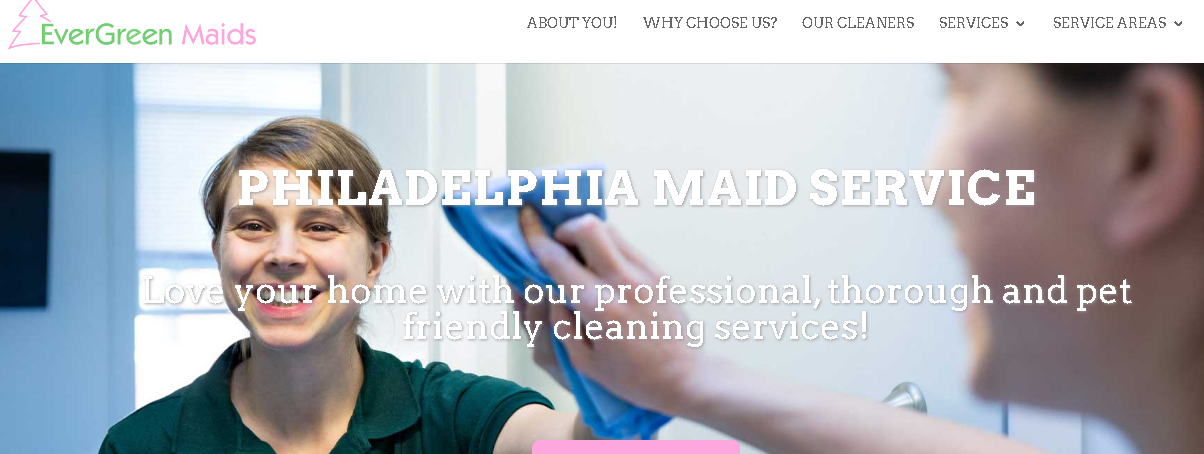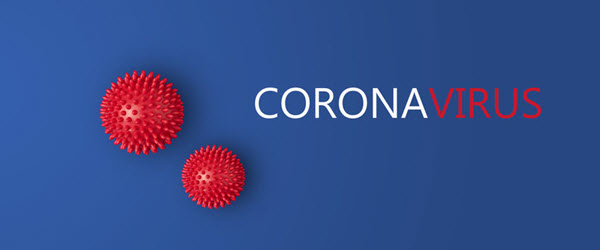When selecting floor matting, it is important to be aware of what mats are resistant to which chemicals and which are not.
Fremont, OH – As matting systems grow in importance in keeping facilities clean, healthy, and safe, one thing building service providers (BSPs) and facility managers should know is not all mats are resistant to all chemicals.
When selecting floor matting, it is important to be aware of what mats are resistant to which chemicals and which are not.
Chemical concerns are most prevalent in industrial settings, where many different types of chemicals may end up on floors or worker shoes, according to Adam Strizzi, marketing manager from Crown Matting Technologies. This can be applicable to many settings depending on various conditions, even climate.
“The problem is that someone can walk onto a mat with a chemical substance on their shoes that may damage some mats,” says Strizzi. “This could happen in the winter months, if for instance someone walks ice melt onto a mat or in warmer weather if chemicals used for outdoor cleaning or landscaping are walked onto the mat.”
Matting systems are used for trapping moisture and soils, cushioning, impact protection, decorative purposes, and other applications, all of which can be negatively impacted if the mat is not chemical resistant. Among the problems that can occur:
- The life expectancy of a mat may be reduced considerably
- The effectiveness of the mat – whether for capturing moisture and soil or reducing worker fatigue – may be compromised
- It may become more difficult to clean the mat
- Safety issues may develop including the possibility of a slip-and-fall accident.
Aware of these issues, some matting companies such as Crown now make chemical resistant charts available for cleaning BSPs and building managers. “Using these charts, it is easy to determine if, for instance, acetone exposure is possible [in a facility] which mats are and are not resistant to acetone solutions,” according to Strizzi.
However, Strizzi adds that the chemical resistance charts are typically based on “intermittent” or occasional exposure. If there is “constant” exposure to some chemicals, facility managers may need to test mats before making a final selection.
About Crown Matting Technologies
Crown Matting Technologies has set the standard in the commercial and industrial matting industry for over 70 years. The company is well-known for its invention of Zedlan® Foam, a patented foam technology found in Crown’s industrial line of matting products. Today, Crown has the most diverse entrance and anti-fatigue matting product lines in the industry. The company provides matting for a wide variety of market segments, from offices and schools to hotels and industrial locations
Media Contact
Robert Kravitz; 312-880-8176; Robert@AlturaSolutions.com






